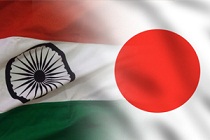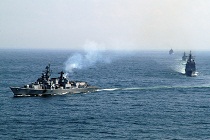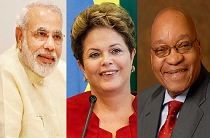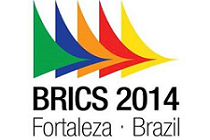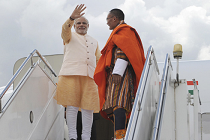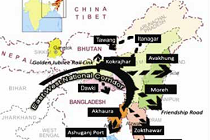Modi in Japan: great expectations
A lot has been written about the Modi-Abe equation and expectations are high from the upcoming Tokyo summit. Despite the bonhomie shared by the two leaders much work needs to be done on the civil nuclear deal as well as defence cooperation to arrive at a substantive and fruitful relationship

